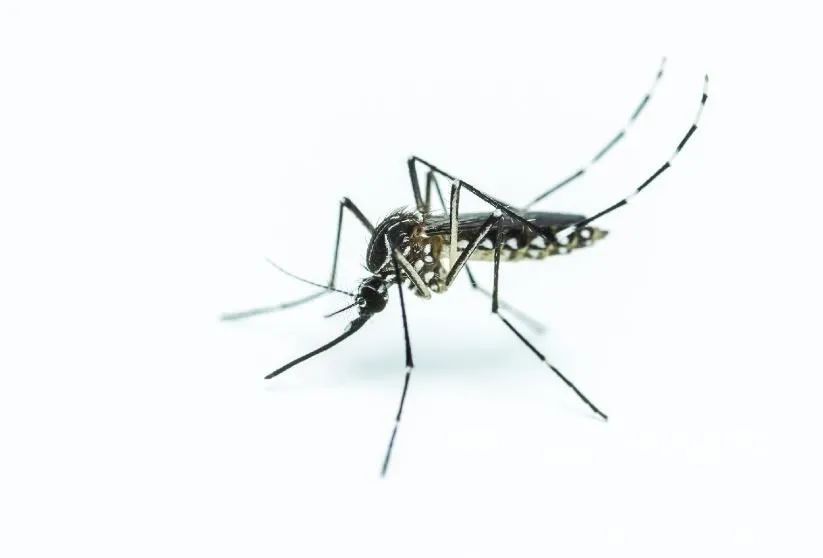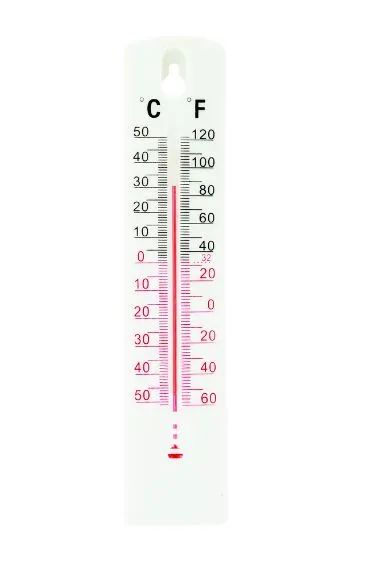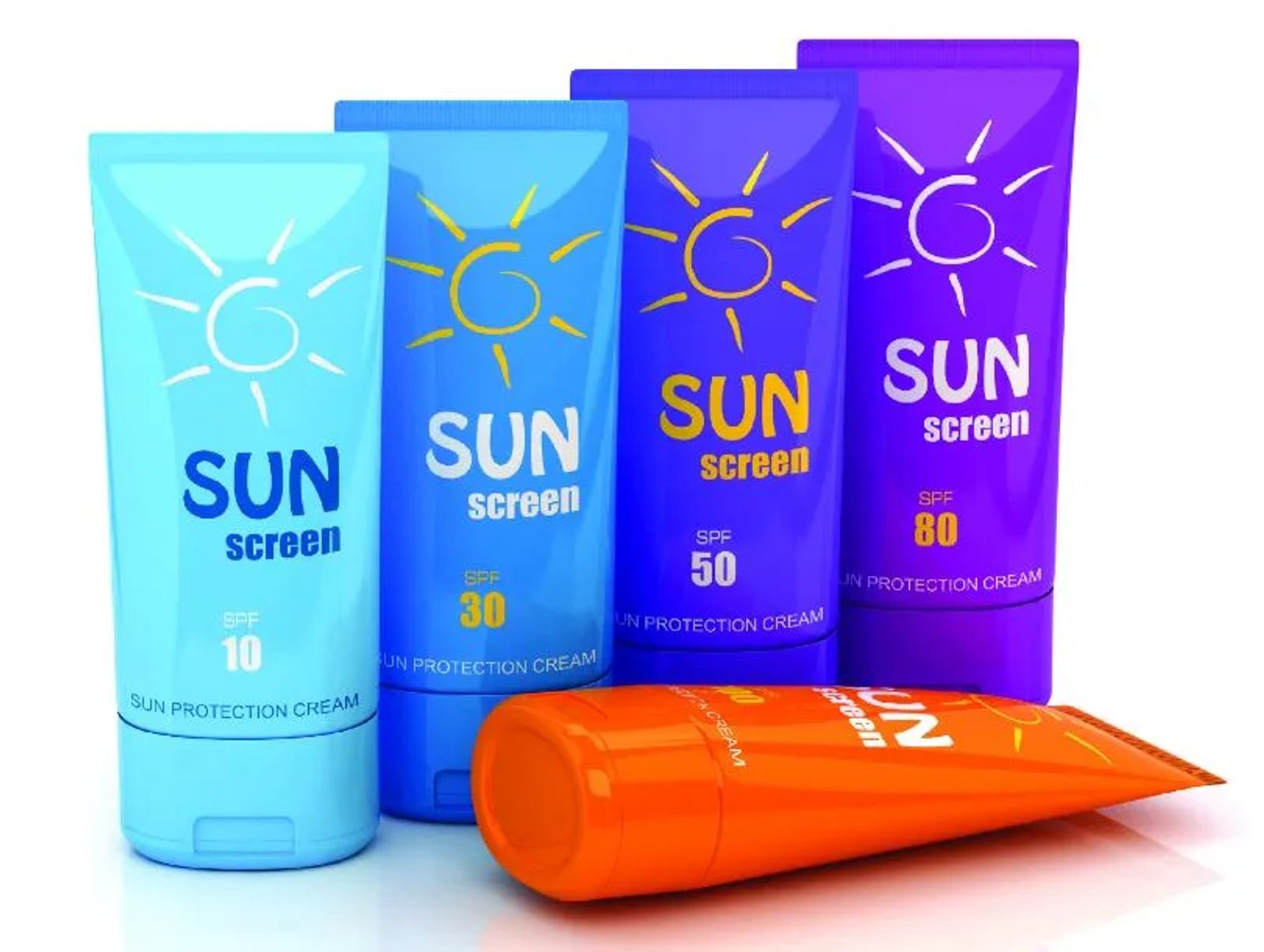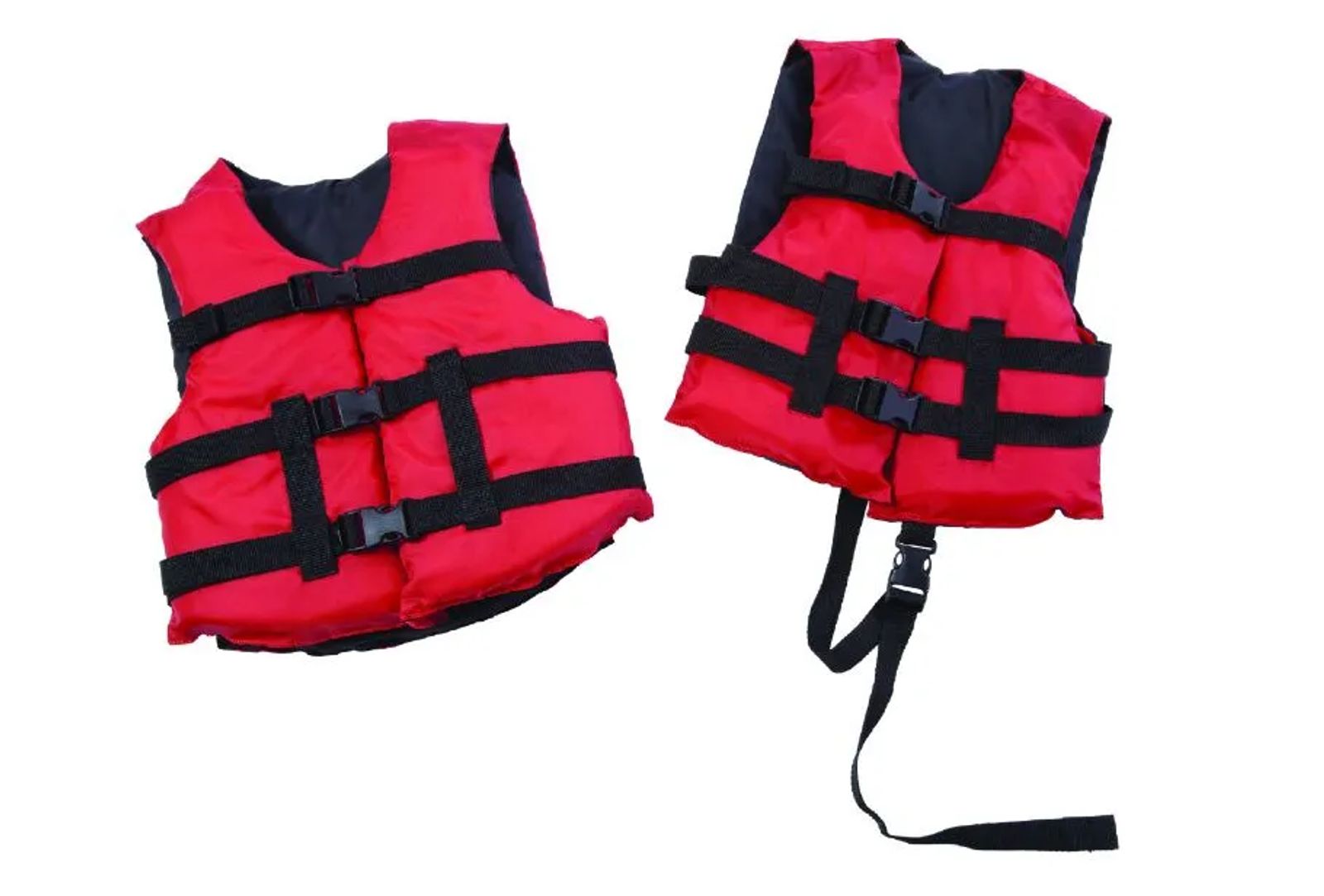
6 Surefire Ways to Stay Safe This Summer
Tips to protect your family when you hit the great outdoors
Ahhhh, summer. It’s a time when the daylight hours last a little longer and the sun’s rays are a little hotter. While these precious, sun-kissed months make for great family memories, there’s no question you have to think about safety along the way. From burns and stings to dehydration and water safety, Dr. Janice Fordham, a mom of three and a Family Physician with St. Vincent Healthcare, says being prepared may prevent you from having to cancel summer fun in exchange for a trip to see the doctor. Here are her six tips to make sure your family safely enjoys every ounce of summer.

TIP 1: TAKE THE BITE OUT OF SUMMER
When you hit the great outdoors, there are some winged and creepy crawly critters that can spring illness on you with a simple bite. Before heading out, Dr. Fordham says apply an insect repellent with at least a 30% concentration of DEET. “DEET is the big ingredient and it is actually safe for kids two months and older. With a 30% concentration, you are going to get about five hours of coverage.” She adds, “Don’t spray directly on your face. Apply by spraying your hands and then applying with your hands.” To avoid heavy bite times, stay indoors in the early morning and early evening hours when these pesky insects are at their peak.
Ticks lurk in grassy or wooded areas, so take a little extra time to prevent their bites. Wear long sleeve shirts and tuck your pant legs into your socks if you are headed out for woodsy recreation. Light colored clothing will help you spot these critters before they attach under your skin. Dr. Fordham says, “If you see a tick on the skin, the best thing to do is to grab tweezers and grab firmly at the tick’s head, pulling straight off. If you do leave any parts, just leave the area alone. Usually, the body will expel the rest of it.” Wash the area with antibacterial soap and warm water and if you start to see redness, swelling, a rash or encounter any kind of viral symptoms, it’s time to seek medical care. Dr. Fordham says, “For both Rocky Mountain Spotted Fever (tick borne) and West Nile Virus (mosquito borne), the symptoms are so vague. It is similar to any viral illness with some fatigue and fever.” (See our sidebar Dangerous Bites)

TIP 2: BEAT THE HEAT
When the hottest days of summer hit, keep an eye out for your body’s distress signals. Heat exhaustion brings nausea, vomiting, dizzy spells and confusion. When these symptoms hit, stop all physical activity and get inside to a cool place to lie down. Make sure to replenish fluids as well. If these symptoms don’t stop and the body temperature is 103 degrees or higher, seek medical care.

TIP 3: GET YOUR H₂0
Every bit of extra activity outdoors means you need to ramp up the water you drink to support it. “We need one to four liters of water per day,” says Dr. Fordham. If you exercise, she says, “You are probably looking at 2 to 3 cups of extra water afterward to replace that loss.” And if you are on the go for more than just a workout, Dr. Fordham says reach for a low calorie sports drink to replace lost carbohydrates and electrolytes and to balance energy levels.
If you happen to hit the trails and wonder if that nearby stream is a good source to help wet your whistle, Dr. Fordham says, you need to boil the water before drinking it or pack an iodine treatment in order to purify it. That water could be a breeding ground for the microscopic parasite Giardia, which if consumed can cause intestinal distress. “People do end up hospitalized from this at times,” Dr. Fordham warns.

TIP 4: DON’T FEEL THE BURN
Those summer rays can make your skin sizzle, so pack along some sunscreen and preferably, Dr. Fordham says, a lotion that covers both UVA and UVB rays. “The aerosolized sunscreens don’t get as good of a coverage and you really can’t see where you are applying it.” So, stick to a lotion with at least an SPF of 30. “It should be applied 30 minutes before you even go outside and reapplied every two hours if you aren’t getting in the water.” If you use a cover up, clothes are actually the best sun protection out there and Dr. Fordham adds, “The darker the material, the better the protection.” Sun protection isn’t just for your skin. Remember your ‘peepers’ too with sunglasses that offer 100% UVA and UVB protection. Without that protection, you could be inviting permanent vision damage over time.

TIP 5: BE WATER WISE
Before you hit the open water in search of a little fun, Dr. Fordham says, “Kids should always have a life vest if they are near water.” Young children should never be more than an arm’s length away. Polish up on your CPR skills, just in case of an emergency. If you are heading down some of the state’s rivers, log onto americanwhitewater.org and search Montana. This listing will tell you just how fast those waters are flowing before you voyage out.

TIP 6: GET YOUR ZZZZZZZZs!
This little tidbit is rather simple. Make sure you get a healthy dose of sleep. “One third of all Montanans don’t get enough sleep in the summer because of the light change,” Dr. Fordham says. So, keep those bed times consistent and make sure to turn off all electronics at least 30 minutes before you go to bed. If you don’t, Dr. Fordham says, “Those electronics are stimulating the brain. It is constantly thinking and it will take a while to turn it off.”
DANGEROUS BITES
What signs and symptoms to keep an eye out for
West Nile Virus
Signs of this mosquito borne illness include fever, headache, body aches, skin rash and swollen lymph nodes. More severe signs include a stiff neck, insomnia, disorientation, tremors, convulsions and paralysis.
Rocky Mountain Spotted Fever
Signs of this tick borne virus begin two days to two weeks after the bite of the infected tick. Look for a sudden onset of fever and headache. Other symptoms could include a rash, vomiting, and abdominal and muscle pain. It can be fatal in the first eight days if not treated correctly.
Zika
A fever, rash, joint pain and conjunctivitis are the signs of this viral disease after a mosquito bite. As of May, Montana saw one reported case of Zika. Since the symptoms usually aren’t severe enough for a doctor’s visit, this illness can go undiagnosed. The real danger with this disease is in pregnant women. The Zika virus can cause severe fetal brain defects like microcephaly. Dr. Fordham says, “The biggest thing is knowing the risk when traveling, and if you are a female that is pregnant, the CDC recommends against travel to endemic areas.” She also adds that pregnant women should know if their partners have traveled to places where Zika has been discovered. This illness can be sexually transmitted.















